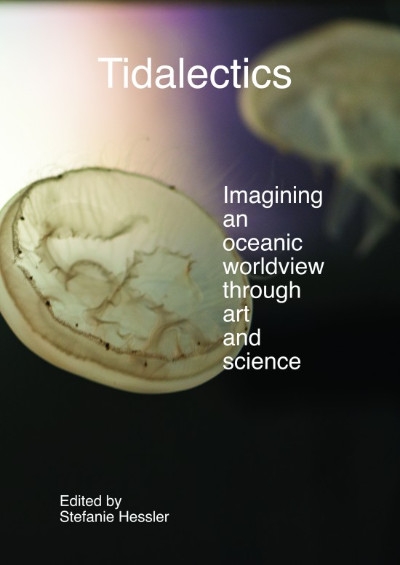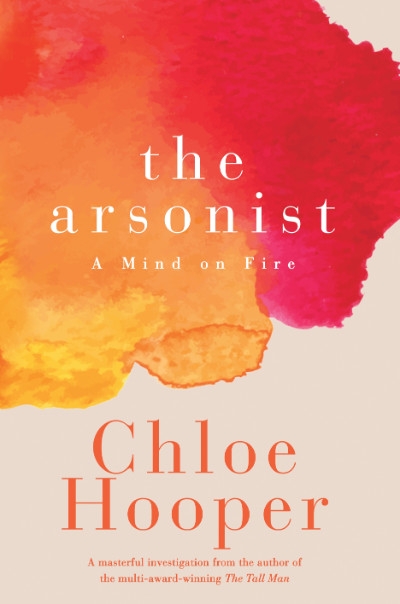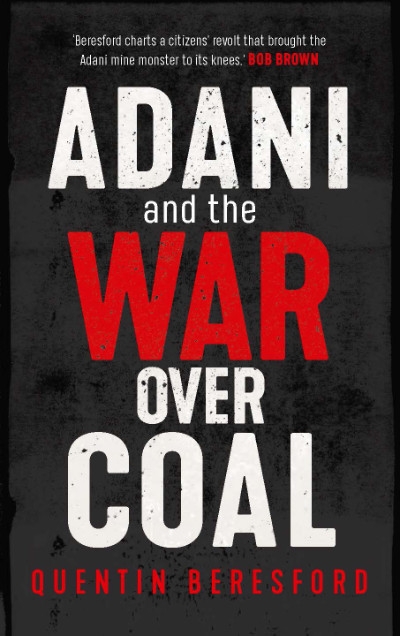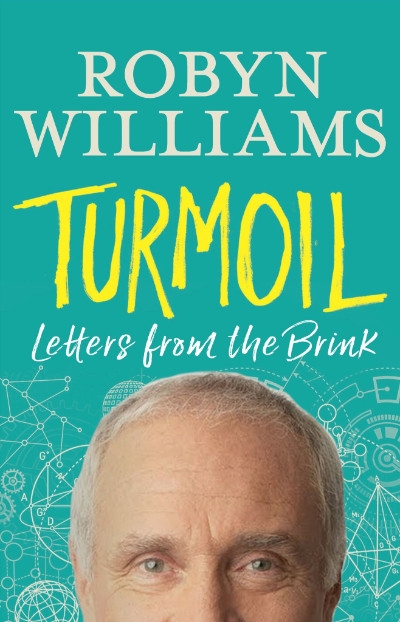Non Fiction
Cane Toads are peculiarly Australian. They don’t belong, yet they thrive here. They breed unnaturally fast – even faster than rabbits. They are ugly, ecosystem-changing, and despised. Introduced in 1935 to eat the pests of sugar cane in Queensland, their numbers have exploded right across Australia’s ...
... (read more)Tidalectics: Imagining an oceanic worldview through art and science edited by Stefanie Hessler
Humans live on the Blue Planet: seventy per cent of ‘Earth’ is covered by oceans. We increasingly hear these descriptions: that oceans are the largest habitat, that eighty per cent of all species live there, that they determine weather and climate. All of which, and much more, is true ...
... (read more)The language we use to describe fire, Chloe Hooper points out, gives it a creaturely shape: it has flanks, tongues, fingers, a tail. It licks, it devours. Fascinated by its mythic force, we talk about taming a fire as we talk about taming a beast, but when it comes to vast tracts of bush ...
... (read more)Down to Earth: Politics in the new climate regime by Bruno Latour
Bruno Latour is one of the world’s leading sociologists and anthropologists. Based in France, he brings a refreshingly non-Anglophone approach to the big political problems of our times. At the heart of his latest book are the hypotheses that ‘we can understand nothing about the politics of the ...
... (read more)Adani and the War Over Coal by Quentin Beresford & The Coal Truth by David Ritter
Who can forget the image of Scott Morrison, as federal treasurer, juggling a lump of lacquered coal in parliament on 9 February 2017? Appearing pretty chuffed with his own antics, Morrison urged people not to be afraid. Eighteen months later, the jester is now prime minister ...
... (read more)Urban Choreography: Central Melbourne 1985– edited by Kim Dovey, Rob Adams, and Ronald Jones
In her influential 1961 text The Death and Life of Great American Cities, American-Canadian urban activist Jane Jacobs famously characterised the complex order of a successful city as ‘an intricate ballet’. The ‘dance’ of a thriving city sidewalk, says Jacobs, bucks trends of uniformity and repetition in favour of improvisation, movement, and change.
... (read more)Counter-Revolution: Liberal Europe in Retreat by Jan Zielonka
Jan Zielonka has provided us with an engaging and stimulating diagnosis of the pathologies of the European crisis of liberalism. The prognosis is not great, but there is hope. This short book takes the form of an intergenerational letter to Zielonka’s former mentor, the émigré German liberal ...
... (read more)For a homeless person, home is the street and the moveable blanket or bedroll. Ultimately, the only home remaining is the body. Fiona Wright is not homeless, she has been un-homed by her body’s betrayal. Whether she can ever feel that she fits again is the primary theme of ...
... (read more)In 2014, veteran ABC science broadcaster Robyn Williams was diagnosed with bowel cancer. It was, he reports, his third brush with death, following cardiac arrest in 1988 and bladder cancer in 1991. His description of the experience, including surgical reduction of his gut and rectum and ...
... (read more)Any Ordinary Day, Leigh Sales’s investigative report from the coalface of tragedy and resilience, is based on solid research and lengthy interviews. Sales, who wants to know the secrets of surviving outrageous fortune, has the journalistic chops to take on the quest. ‘I rely on a particular skill set …
... (read more)









